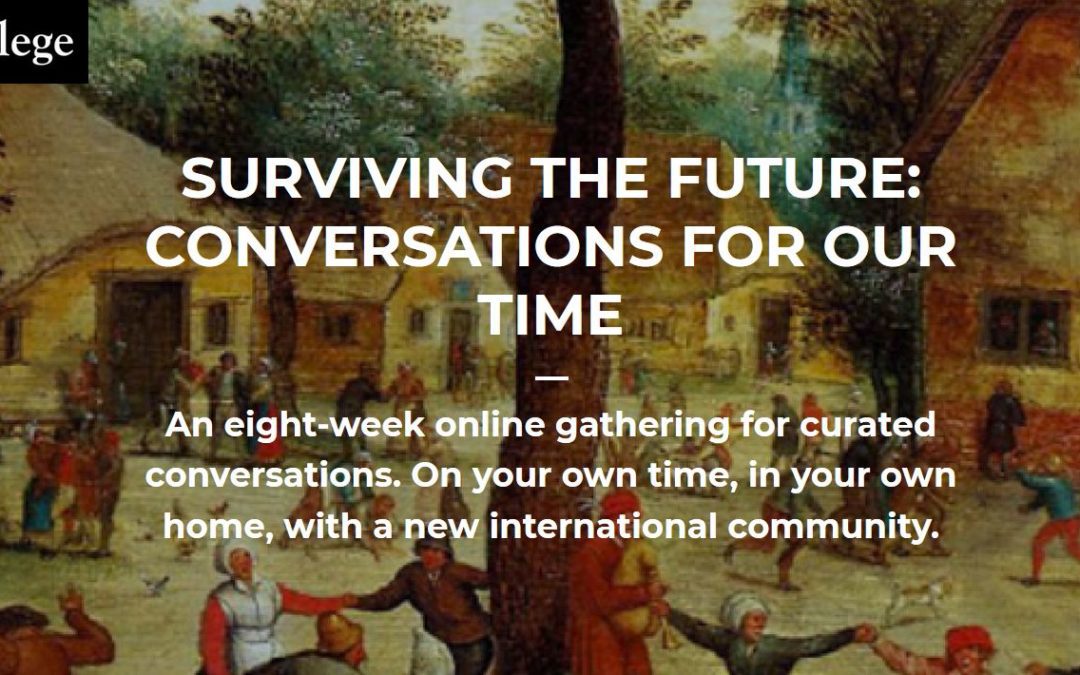
by Shaun Chamberlin | Apr 1, 2020 | All Posts, Cultural stories, David Fleming, Economics, Lean Logic, Out and about, Philosophy, Surviving the Future, The Sequel, Transition Movement
December 2020 update: We have reached our cap of 100 participants for the second run of the course, starting Jan 4th 2021, and so have closed enrolments. You can sign up to be notified about our next course here. April 2020 update: Due to overwhelming interest,...
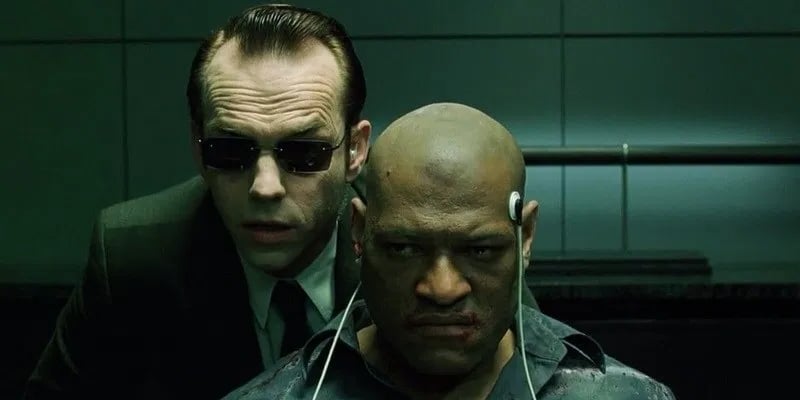
by Shaun Chamberlin | Aug 6, 2019 | All Posts, Climate Change, Cultural stories, Economics, Favourite posts, Featured, Philosophy
As awareness spreads of the ecocidal consequences of our civilisation, I increasingly hear opinions to the effect that humanity is nothing but a plague, a parasite. A virus with shoes...
It can even lead to the opinion (frequently expressed by those in favour of burying our heads in the sand) that people concerned about humanity's impacts should do the world a favour and kill themselves. Indeed, as this hypothesis continues to spread, I don't doubt that it has contributed to actual suicides.
So it seems worth highlighting that it isn't true.
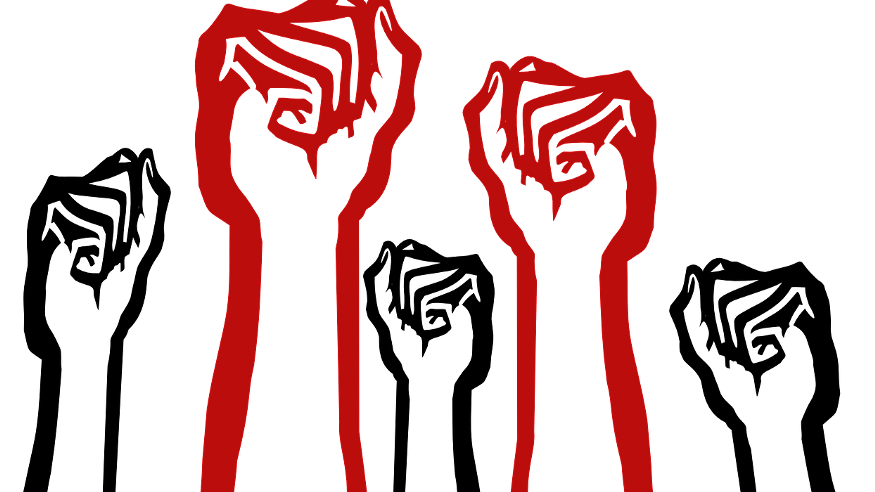
by Shaun Chamberlin | Apr 5, 2019 | All Posts, Climate Change, Cultural stories, Philosophy, Politics
Sometimes, like Kant, I’m moved to write by reading something I so profoundly disagree with. Tonight, curiously, I’m moved by a wish for a little less disagreement. Reading Jeremy Lent’s excellent post What Will You Say To Your Grandchildren? and...
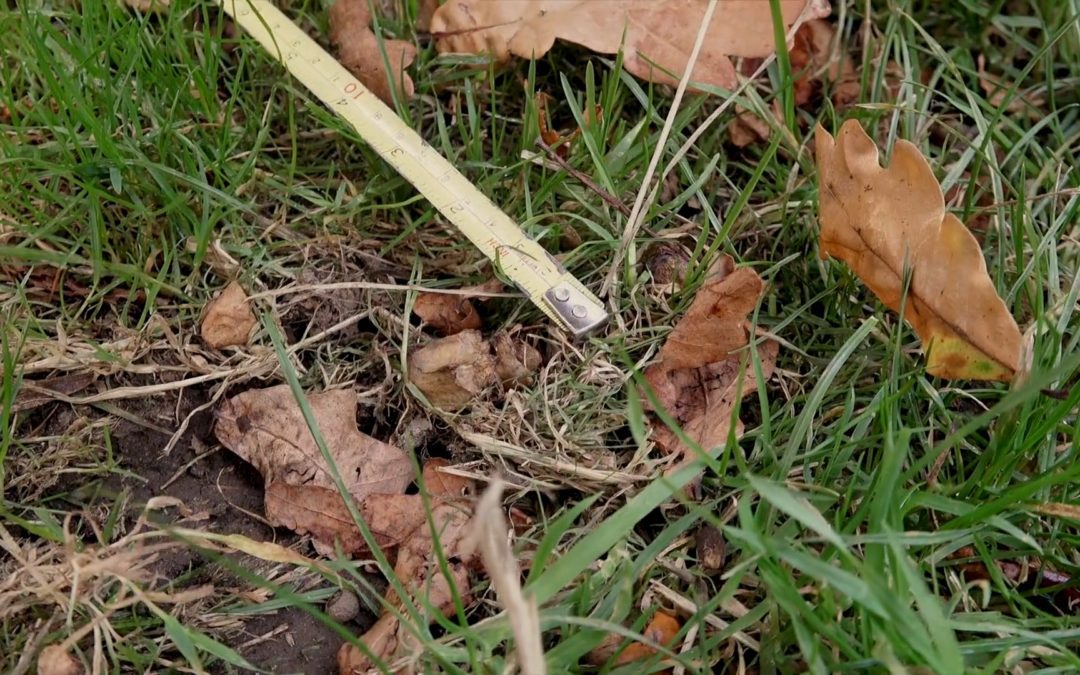
by Shaun Chamberlin | Oct 13, 2017 | All Posts, Cultural stories, David Fleming, Lean Logic, Philosophy, Surviving the Future
Our film about David Fleming’s potent legacy is starting to take shape. And here’s the first taster – a beautiful five minute wander through Deep Time, with a shocking ending..! I’m so proud of these tasters, and happy to see that they’re...
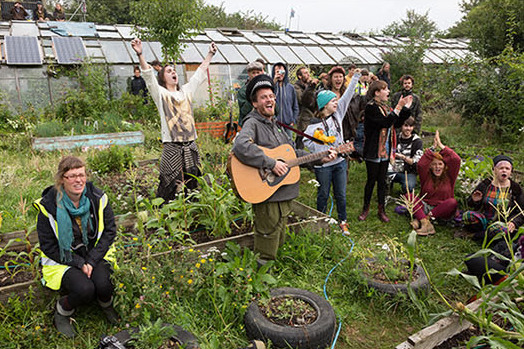
by Shaun Chamberlin | Jan 26, 2017 | All Posts, Cultural stories, David Fleming, Lean Logic, Philosophy, Surviving the Future, Transition Movement
In a couple of weeks (Feb 6-10) I’ll be leading a week-long course at Schumacher College based on David Fleming’s legacy: Community, Place and Play: A Post-Market Economics. It will be an exploration of what ‘life well lived’ looks like in a...
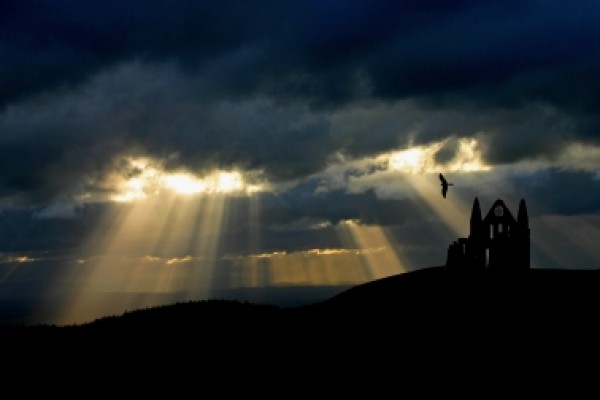
by Shaun Chamberlin | Dec 21, 2014 | 21st December, All Posts, Climate Change, Cultural stories, Favourite posts, Out and about, Philosophy
This is an excerpt from a longer video interview Rhonda Fabian conducted with Shaun Chamberlin at the opening of the New Story Summit in Findhorn, Scotland. Part of a Findhorn Foundation documentary initiative. Transcript originally published in the Kosmos Journal....








Recent Comments